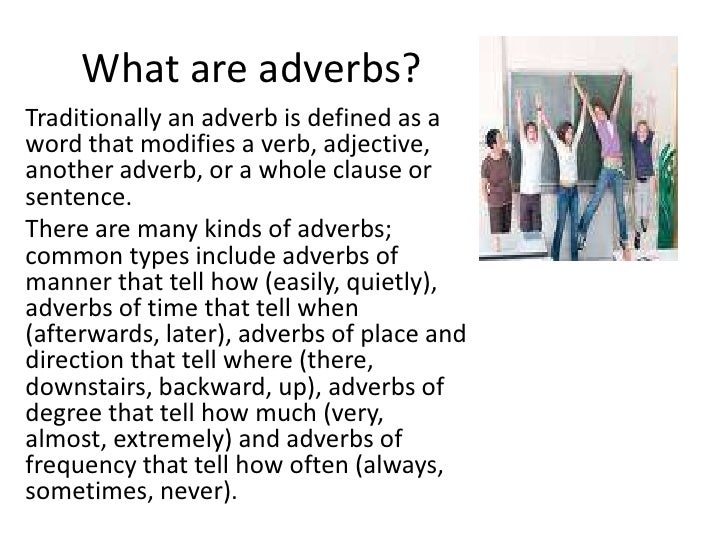

Past simple with any verb except 'be' (add 'did'):.Present simple with any verb except 'be' (add 'do' or 'does'):.We also need to change the main verb back to the infinitive. There are two tenses where we need to add 'do / does / did' to make the question form. Modal verbs: should I go / would you go.Future perfect continuous: will she have been going.

Past perfect continuous: had he been going.Present perfect continuous: has she been going / have they been going.Present perfect: have we gone / has she gone.Past continuous: was he going / were they going.Present continuous: am I going / are you going.We don't move the other parts of the verb: With other verbs tenses, we change the place of the subject and the auxiliary verb (the first auxiliary verb if there is more than one). Past simple with 'be': were you / was she.Present simple with 'be': am I / are you / is he.With two verb tenses where we just change the places of the verb and subject: If there's more than one verb, because a verb tense has auxiliary verbs for example, we move the first verb. In most English verb tenses, when we want to use inversion, we just move the verb to before the subject. Question form: Are you tired? (The verb 'are' is before the subject 'you'.Inversion just means putting the verb before the subject. We use inversion in several different situations in English.


 0 kommentar(er)
0 kommentar(er)
